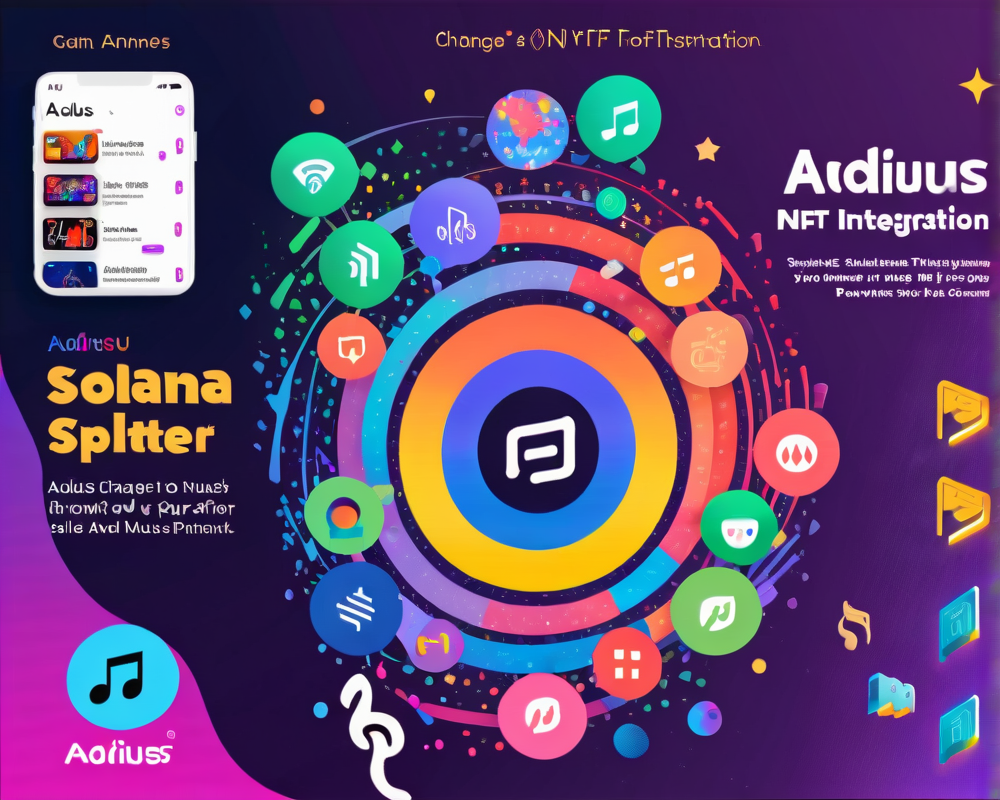Understanding the EBA’s Proposed Guidelines
The European Banking Authority (EBA) is on a mission, and it’s not just for another casual Friday meeting. They’ve rolled out a new proposal aimed at defining the rules of the road for stablecoin issuers. Think of it as a lifebuoy thrown into the turbulent waters of digital currency. Stablecoin issuers will soon be required to adhere to certain capital and liquidity requirements to help bolster investor trust and stability.
Why Liquidity Matters for Stablecoins
Imagine heading to a bank on a particularly stormy day, only to find that the bank has run out of money. Yikes, right? That’s the kind of situation the EBA is trying to avoid by ensuring stablecoins can be redeemed quickly even when the market’s feeling a little shaky. The proposed liquidity guidelines are like ensuring your lifebuoy is filled with air, not just hopes and dreams.
The Stress Test: What’s Cooking?
Stablecoin liquidity guidelines will introduce a liquidity stress test, a concept as fun as it sounds! The EBA reasons that these tests will reveal any lurking issues—think unruly guests at a party—related to liquidity and help only the truly prepared stablecoins float (pun intended) to the top.
- Issuers must guarantee that stablecoins are fully redeemable at par.
- This stress testing will provide insights for issuers to manage their assets and liquidity better.
- The EBA can adjust liquidity requirements based on stress test outcomes.
The Impact of New Guidelines
The guidelines have more twists than a mystery novel. They level the playing field for non-bank institutions to prevent them from slacking off on safeguards, thus preventing any unfair advantage over traditional banks. In a world where drowning is a real threat, these rules are about keeping everyone afloat.
What’s Next? The Consultation Process
As thrilling as all this sounds, we’re still in the early stages. The proposal is currently open for consultation, allowing the public to voice its opinions. Think of it as an open mic night—minus the music. The feedback period lasts for three months, culminating in a public hearing on January 30, 2024. So if you’ve got thoughts, now’s the time to unleash your inner policy wonk!



